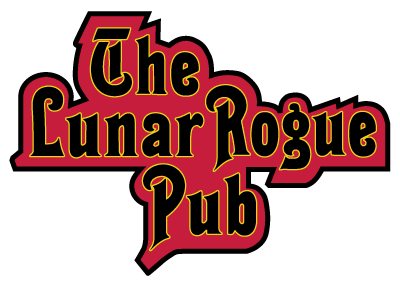Henry More Smith’s trial was hardly underway when the defence lawyer established that in the indictment Mr. Knox’s second name was spelled Willis instead of Wills. Peters then produced precedents showing where one letter added or omitted in a man’s name had quashed indictments and asked the judge to follow suit in this case. Judge Saunders overruled.
Mr. Knox, from whom the horse had been stolen, told of pursuing the horse thief to Truro, Nova Scotia and then on to Pictou in the company of Deputy Sheriff John Pearson. Pearson confirmed that when he confronted him regarding the theft of the horse, Henry had appeared surprised, claimed to have come by it honestly, and directed Pearson to where the horse was stabled.
The defence lawyer established that neither Pearson nor Knox had actually seen Henry with the horse and then pointed out that in spite of this Henry had readily admitted to being in possession of it and revealed its location. These are surely not the actions of one guilty of theft. Peters added that Henry had even produced a bill of sale.
Had Henry’s past behaviour and escapes not been fresh in the minds of the judge and jury, the closing statement of the defence attorney might have been effective. As it was, the judge overruled the argument in his charge to the jury saying Henry had changed his story of how he had obtained the horse so many times when first confronted that he had shifted the burden of proof to himself. The jury returned a guilty verdict and the judge sentenced the Lunar Rogue to death by hanging.


